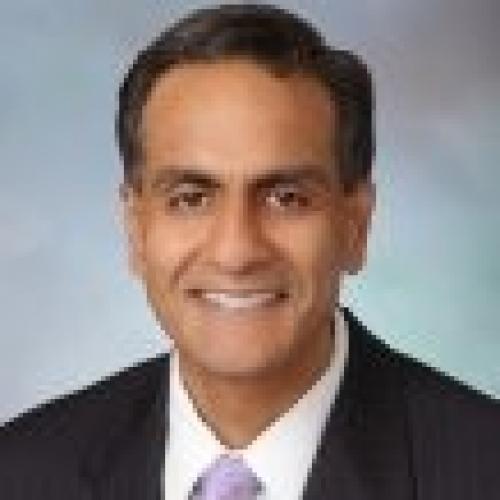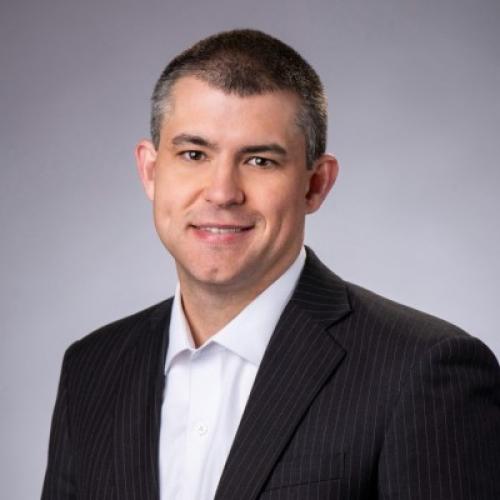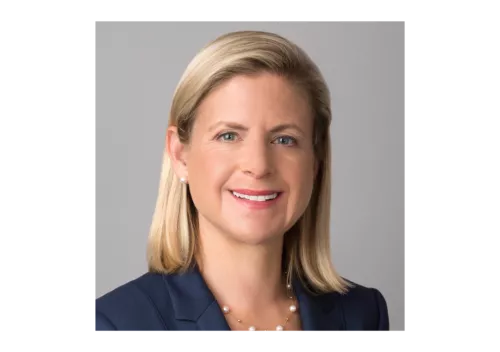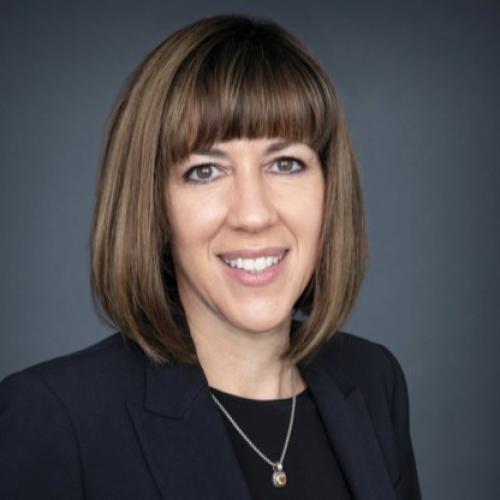Corporate governance team of the year, small to mid-cap: AMN Healthcare
AMN Healthcare’s team was recognized as the governance team of the year in 2015 because the judges liked the fact that ethics is integrated throughout the company. This is achieved by placing the focus of responsibility for ethics and compliance within every business unit or department, each of which has two appointed ‘ethics champions’. AMN’s board of directors is another example of its commitment to governance best practice, beginning with the separation of the roles of chairman and chief executive. With the exception of CEO and president Susan Salka, all seven other members of the board are independent and 25 percent of the eight directors are women.
The San Diego-based firm periodically reviews itself against benchmarks on a range of corporate governance practices. Some of the steps the governance team took in 2015 and the second half of 2014 include:
- Collaboration with the corporate executive board (CEB) on a review of AMN’s committee charters and corporate governance guidelines to help ensure the governance practices remained in line with best practices. Concluding that its charters and guidelines are in line with best practices, the company still made appropriate changes to improve them. The review also served as a catalyst for the board to re-examine and re-engage in a discussion of its practices and policies from a more insightful perspective
- Collaboration with CEB on a review of its board evaluation questionnaire to ensure it was garnering relevant and useful information regarding critical board functions and practices
- Analysis of whether it would be appropriate for the company to adopt board term limits or mandatory retirement age requirements
- Extension of the duration of the audit committee’s meetings to ensure information technology and data security, which have recently become hot topics, are given sufficient oversight and focus at the board leve.
- Review and revision of AMN’s written executive compensation philosophy in light of the company’s current views of its compensation program.
In 2015, AMN also completed a two-year effort to improve disclosure in its proxy statement, as well as the statement’s readability. The senior corporate counsel reviewed other companies’ proxy statements and other surveys and made organizational, stylistic, visual and substantive changes that the company felt would improve on its presentation and content, making it easier to read and providing more meaningful disclosure. The 2015 proxy further added disclosures in the compensation discussion & analysis (CD&A) in response to input from investors wanting to better understand how pay for the CEO was determined.
To make it easier to review all disclosures in the proxy, AMN added a summary at the front providing highlights within each of the proxy sections, including executive compensation. In the CD&A section, it added charts to illustrate year-over-year comparisons of financial performance to help readers visualize growth so they could better gauge whether there is appropriate pay for performance. The CD&A also includes detailed summary compensation tables for each named executive officer, including threshold and target payout information.
Committee of champions
AMN’s ethics and compliance function is notable for its decentralized structure. Rather than a chief compliance and ethics officer, there is a steering committee, comprising the ethics champions from each business unit, as well as representatives from the departments of the general counsel, internal audit and risk management. The committee provides guidance and resources for nearly 100 designated ethics champions from across the company.
‘We don’t have a compliance specialist,’ says Denise Jackson, senior vice president and general counsel for AMN Healthcare. ‘Our deputy general counsel, Whitney Laughlin, handles all the day-to-day [responsibilities] for compliance. We have chosen not to go with a compliance officer designation because we really want all of our employees to feel that personal accountability, to feel that it’s his or her responsibility [to act ethically].’
The two ethics champions within each department have different roles. ‘One is a leader and the other might be doing more with respect to [updating] policies on the Ethics in Action website,’ Jackson continues. ‘Leaders are selected by our executive committee in large part for their communication skills.’
The ethics steering committee meets three times a year and its meetings are forums for ‘dialogues about the challenges the businesses are facing, which can frame our activities for the year,’ Jackson adds.
The company, which currently services clients such as hospitals and other healthcare outfits only in the US, is in a high-growth stage, which has increased the urgency of getting new members up to speed as quickly as possible. Conscious of the myriad real-life issues that affect employees’ work, the AMN governance team is constantly asking itself what additional resources it can provide to help them, says Jackson.
Healthcare industry conferences may present ethical challenges for employees, such as the opportunity to share proprietary information. When they’re talking to competitors and certain matters come up, employees need to know how to handle that situation. ‘We do training for the 30 or so people going to annual conferences and send out reminders [beforehand] with material to make sure people are thinking [about some of these issues in advance],’ Jackson says.
Certain designated AMN Healthcare team members are also required to be trained on issues related to the FCPA. Although the company doesn’t have any overseas operations, it does have overseas vendors and a small part of its business is recruiting healthcare staff from overseas. Staff members also need to be educated about the various rules in foreign countries governing data transfers between jurisdictions.
Keeping up to date
Jackson provides quarterly updates to the full board of directors or the board’s audit committee on the ethics and compliance program – things that are happening within the company and what actions members of the governance team are taking to address them. Her team also provides the board with benchmarking data so it can see where AMN’s policies and practices stand compared with other companies of similar size. An annual ethics survey of AMN’s team members provides valuable insights into the areas the ethics program needs to focus on.
AMN Healthcare has acquired six other US-based firms in the last two years, the most recent of which was The First String Healthcare, which provides interim staffing and permanent placement of nurse leaders and executives, in September 2015. Because of acquisitions, the board frequently checks with the governance team to ensure the code of ethics is communicated to any newly acquired company immediately, and that any necessary training is provided within the first few weeks after the deal’s closing.
The idea is to ‘convey to any newly acquired company the value AMN puts on ethics and the levels of accountability we expect,’ Jackson explains. ‘No matter how big or small [the acquired firm is], we have new team members coming on board. We do a lot of due diligence on companies before we buy them to make sure there’s a cultural fit.’
This article appeared in the winter 2016- 2015 print issue of Corporate Secretary Magazine








